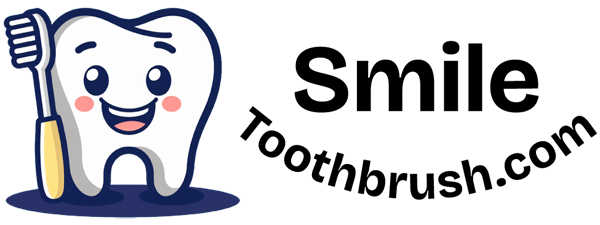FAQ
Frequently Asked Questions
How often should I replace my toothbrush?
It's recommended to replace your toothbrush every three to four months, or sooner if the bristles become frayed. This ensures optimal cleaning and maintains good oral hygiene.
What is the best way to brush my teeth?
Brush your teeth at least twice a day for two minutes each time, using fluoride toothpaste and a soft-bristled toothbrush. Use gentle, circular motions and pay attention to all surfaces of your teeth, including the front, back, and chewing surfaces.
What type of toothbrush is best for sensitive teeth?
For sensitive teeth, a toothbrush with soft bristles is recommended. Soft bristles are gentle on the gums and enamel, reducing the risk of irritation while still effectively removing plaque and debris.
Can children use the same toothpaste as adults?
Children under six should use a toothpaste specially formulated for kids, which typically contains less fluoride. Once they're old enough to spit out toothpaste and rinse, they can switch to regular fluoride toothpaste under supervision.
What are the benefits of using a bamboo toothbrush?
Bamboo toothbrushes are eco-friendly alternatives to plastic ones. They are biodegradable, reducing environmental impact, and have natural antibacterial properties, making them a sustainable choice for oral hygiene.
How often should I brush my tongue?
Brushing your tongue daily is recommended to remove bacteria, food particles, and dead cells, which can contribute to bad breath and plaque buildup. You can use a toothbrush or a tongue scraper for this purpose.
Can I share my toothbrush with someone else?
Sharing a toothbrush is not recommended as it can transfer bacteria, viruses, and other germs, increasing the risk of infections. Each person should have their own toothbrush to maintain proper oral hygiene.
How can I prevent toothbrush abrasion?
To prevent toothbrush abrasion, use a soft-bristled toothbrush and avoid brushing too hard. Focus on gentle, circular motions rather than vigorous scrubbing, which can wear down enamel and irritate gums.
How important is flossing?
Flossing is crucial for removing plaque and food particles from between your teeth and along the gumline, areas that your toothbrush can't reach effectively. It helps prevent cavities, gum disease, and bad breath, so it's an essential part of your oral hygiene routine.
Can I use an electric toothbrush instead of a manual one?
Yes, electric toothbrushes can be just as effective, if not more so, than manual toothbrushes at removing plaque and maintaining oral health. They may be particularly beneficial for those with limited mobility or dexterity issues.
How can I maintain fresh breath throughout the day?
Along with regular brushing and flossing, you can maintain fresh breath by staying hydrated, avoiding tobacco products, limiting foods and drinks that cause bad breath (such as garlic and onions), and using mouthwash as part of your oral care routine.
Why is fluoride important in toothpaste?
Fluoride helps strengthen tooth enamel, making it more resistant to decay and cavities. It's a key ingredient in toothpaste and plays a vital role in maintaining oral health.
Should I visit the dentist regularly even if I don't have any dental issues?
Yes, regular dental check-ups are essential for preventing dental problems and maintaining oral health. Your dentist can detect early signs of issues like cavities, gum disease, and oral cancer, allowing for prompt treatment and prevention of further complications.
